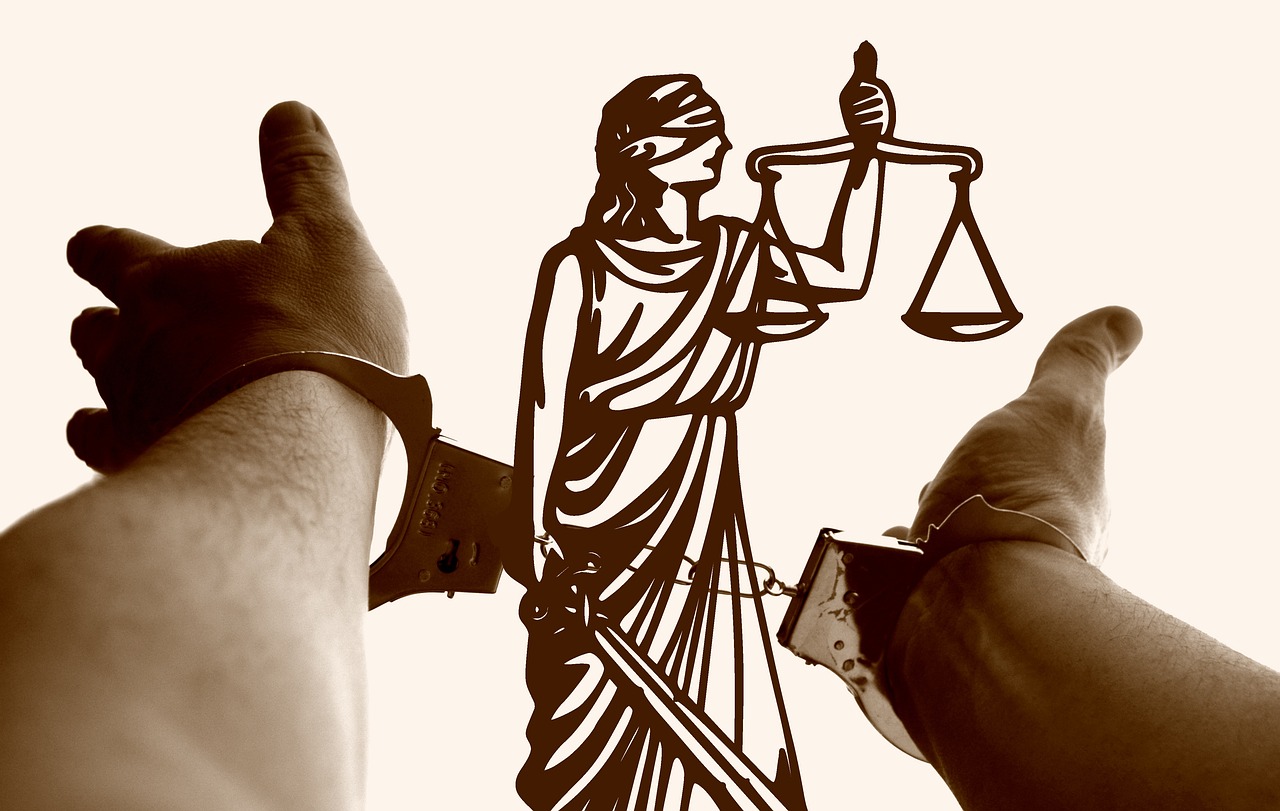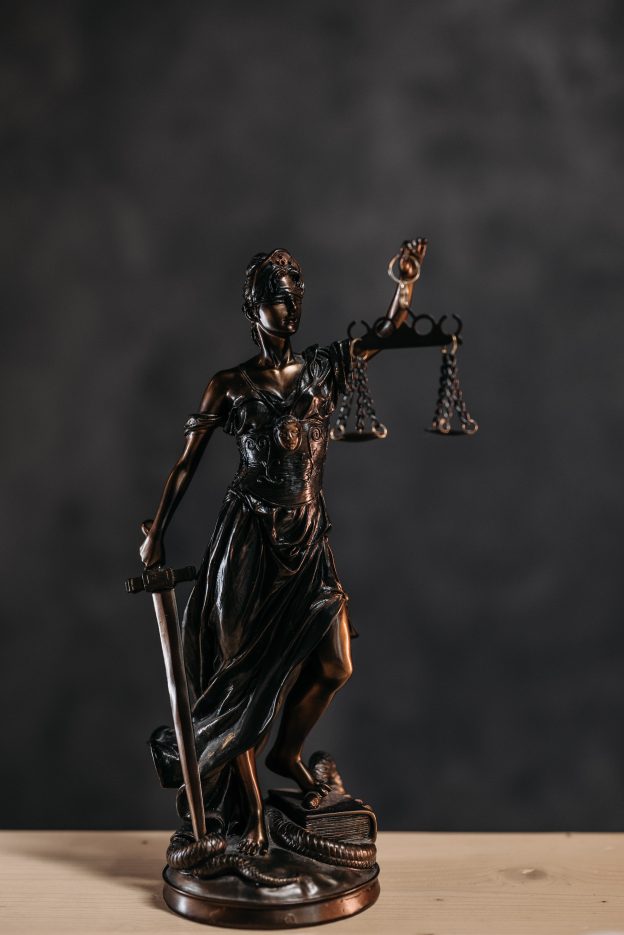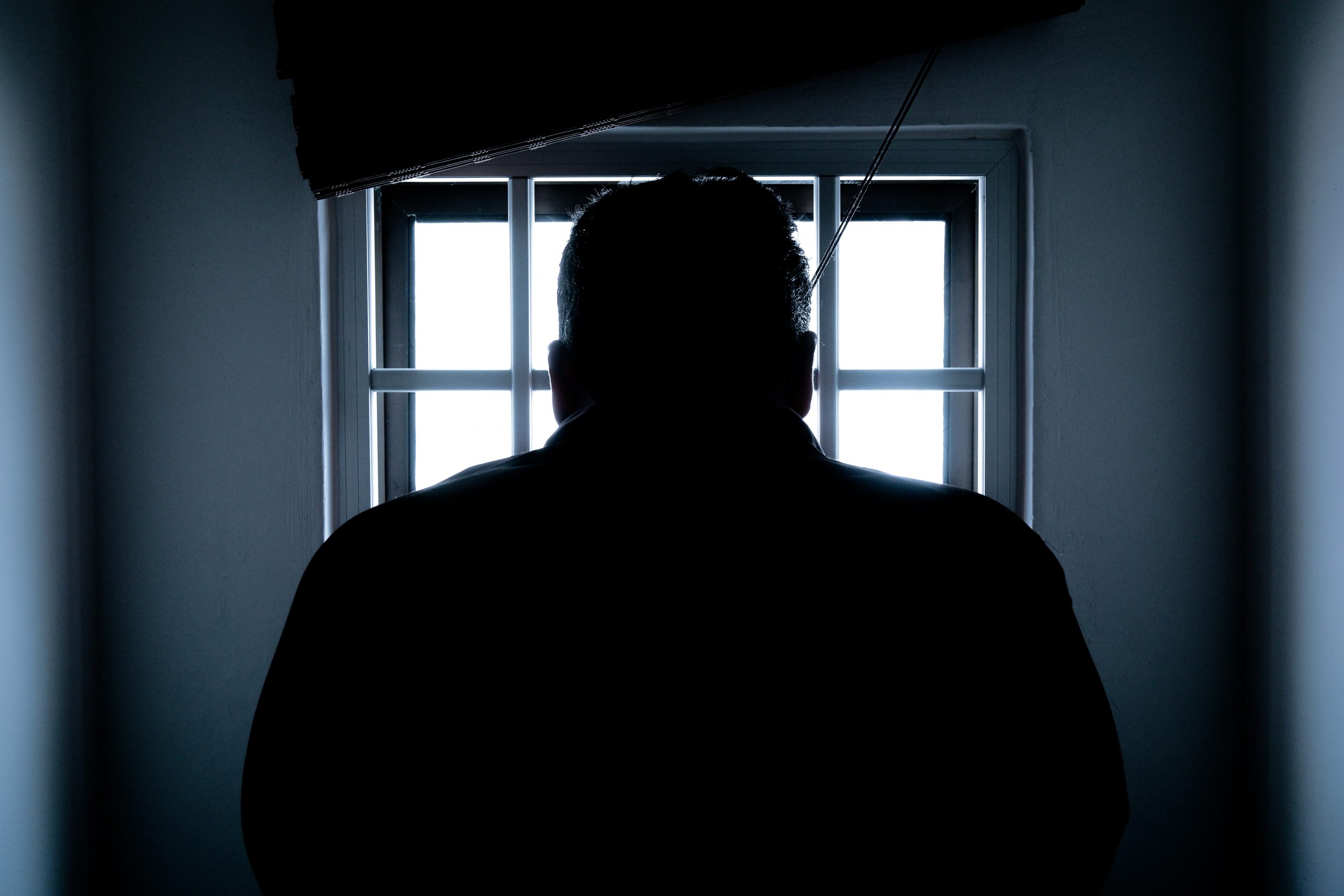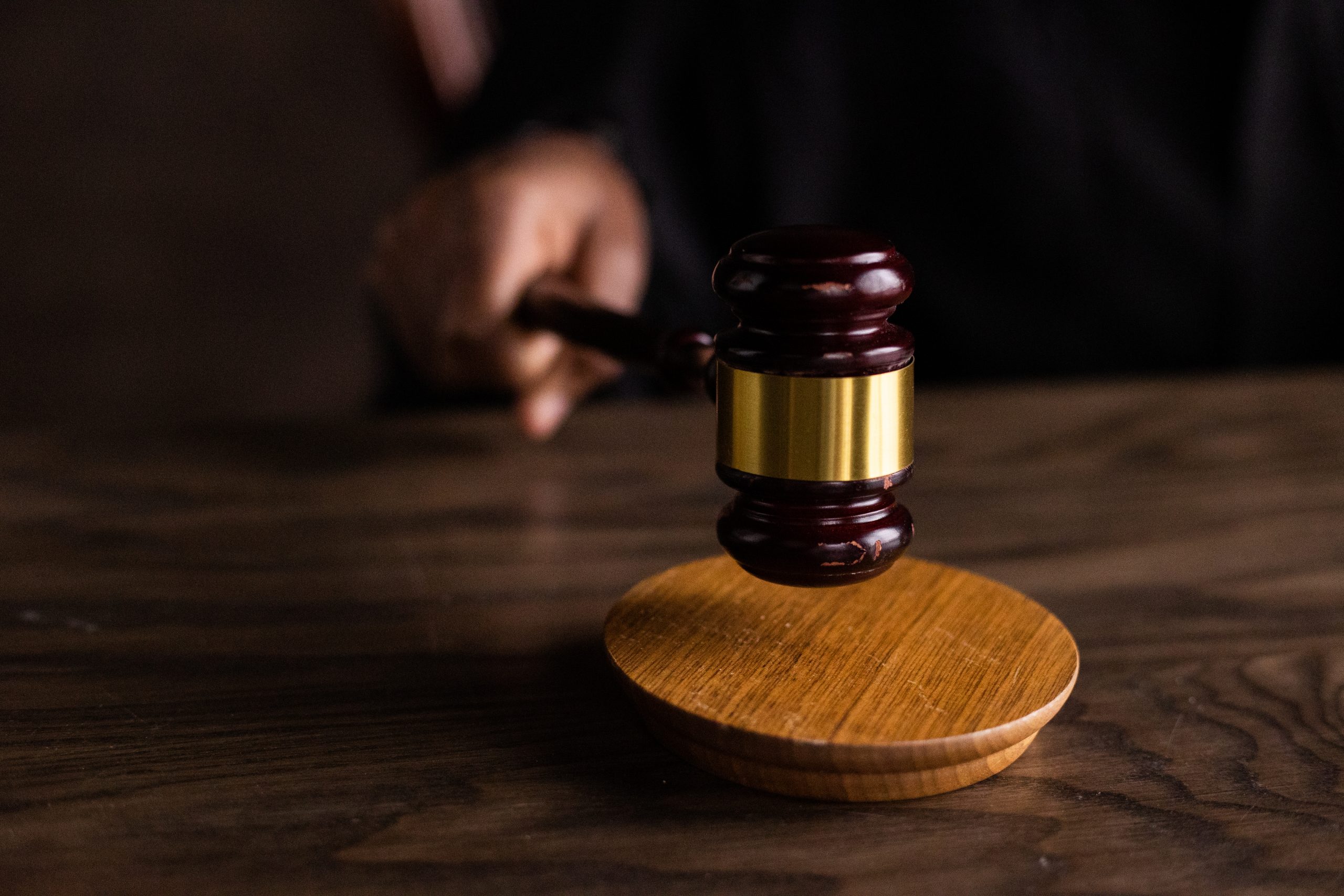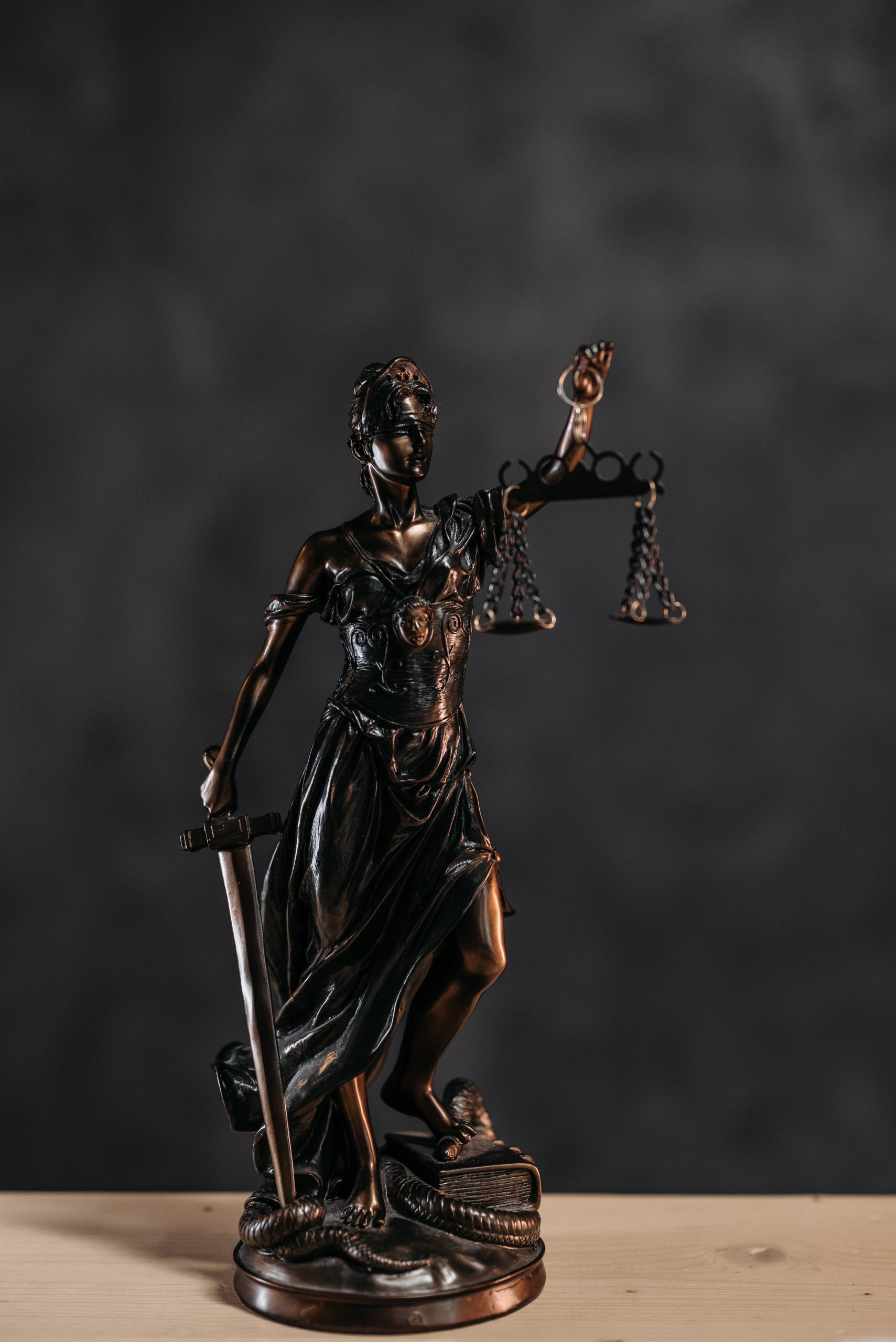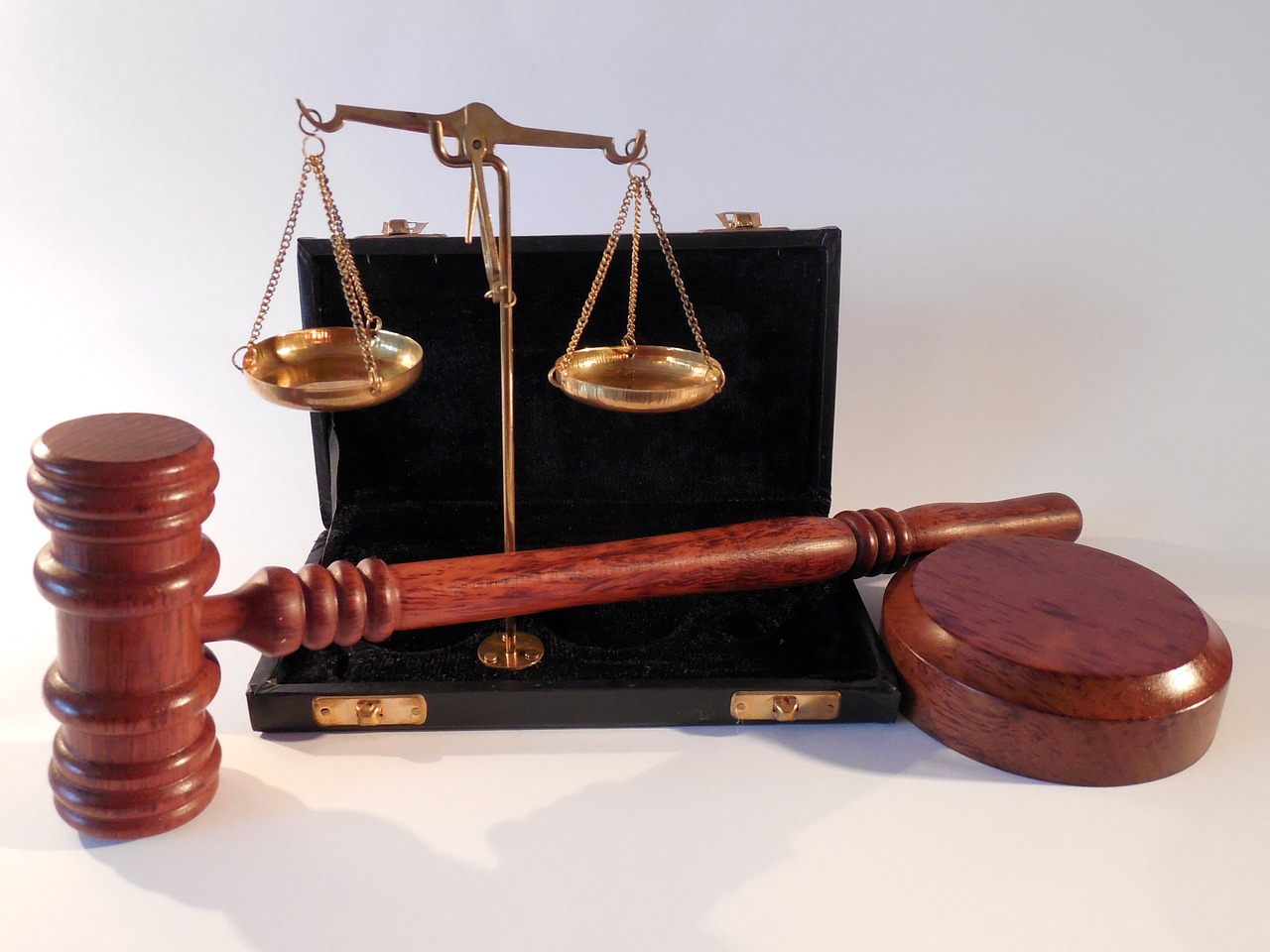“Criminal Intent” is an informative article that sheds light on the complexities of criminal defense law. Crafted for a lawyer’s website, this captivating introduction aims to persuade individuals facing criminal charges to seek the expertise of the lawyer listed on the site. With a deep understanding of the target audience, this article tackles common legal concerns head-on, providing reassurance and guidance. By incorporating engaging case studies, real-life scenarios, and personal stories, this content seeks to humanize the practice and create emotional connections. With a keen focus on search engine optimization, every blog post includes a clear call-to-action, prompting potential clients to take the next step and seek timely assistance.

What is Criminal Intent?
Criminal intent, also known as mens rea, is a crucial element in criminal law that refers to the mental state or intention of a person while committing a crime. It is the mental element that distinguishes an intentional act from an accident or mistake. Criminal intent plays a significant role in determining whether an individual should be held legally responsible for their actions and the severity of the punishment imposed.
Definition of Criminal Intent
Criminal intent can be defined as the mental state or state of mind that accompanies the commission of a crime. It involves the awareness and conscious decision to engage in activities that are prohibited by law. Criminal intent encompasses various mental states, including intention, knowledge, recklessness, and negligence.
Types of Criminal Intent
In criminal law, there are different types of criminal intent that are classified based on the mental state of the offender. These include specific intent, general intent, transferred intent, and criminal negligence. Each type of criminal intent has its own requirements and implications in the legal system.
Importance of Criminal Intent in Criminal Law
Understanding criminal intent is crucial in criminal law as it serves two main purposes: establishing guilt and determining the appropriate punishment for the offense committed.
Establishing Guilt
Criminal intent is essential in determining whether an individual is guilty of a crime. Without establishing criminal intent, it can be challenging to hold someone accountable for their actions. It helps the prosecution demonstrate that the offender had the requisite mental state to commit the crime, providing evidence of their culpability.
Determining Punishment
The level of criminal intent is instrumental in determining the severity of the punishment imposed on an offender. Different mental states associated with criminal intent may result in varying degrees of punishment. The existence of specific intent, for example, may lead to harsher penalties compared to general intent crimes. Criminal intent provides a framework for judges and juries to consider when applying the appropriate punishment.
Mens Rea: The Mental Element of Criminal Intent
Mens rea, Latin for “guilty mind,” refers to the mental element of criminal intent. It focuses on the mental state of the offender at the time the crime was committed. Mens rea plays a fundamental role in understanding criminal intent and is categorized into different levels.
Understanding Mens Rea
Mens rea encompasses various mental states, including intention, knowledge, recklessness, and negligence. Intention refers to a deliberate decision to engage in a criminal act, knowing its consequences. Knowledge involves awareness of the elements of a crime and the circumstances surrounding it. Recklessness refers to consciously disregarding potential risks, knowing the harm it may cause. Negligence refers to a failure to exercise reasonable care, resulting in harm to others.
Levels of Mens Rea
Mens rea is further classified into different levels based on the level of intention or knowledge involved. These levels include purposeful, knowing, reckless, and negligent. Purposeful intent involves a deliberate and conscious desire to commit a crime. Knowing intent occurs when an individual is aware that their actions will result in a crime. Reckless intent arises when an individual consciously disregards the risk and engages in a potentially harmful act. Negligent intent occurs when an individual fails to exercise reasonable care, resulting in harm to others.
Actus Reus: The Physical Element of Criminal Intent
While mens rea focuses on the mental state of the offender, actus reus refers to the physical element of criminal intent. Actus reus involves the actual physical act or conduct that constitutes a crime. To establish criminal intent, both mens rea and actus reus must be present.
Understanding Actus Reus
Actus reus encompasses all elements of a crime that involve physical actions or omissions. It includes voluntary acts, such as theft or assault, as well as omissions, such as failure to act when there is a legal duty to do so. Actus reus is essential to distinguish between mere thoughts or intentions and acts that warrant legal consequences.
Requirement of Actus Reus
For an individual to be held criminally liable, actus reus must be accompanied by the corresponding mens rea. In other words, there must be a voluntary physical act or omission that is accompanied by the requisite mental state. Without the physical element of actus reus, it is difficult to establish criminal intent or hold someone accountable for a crime.

Specific Intent Crimes
Specific intent crimes refer to offenses that require the perpetrator to have a particular mental state beyond the act itself. These crimes involve an intent or purpose to achieve a specific outcome or result.
Definition of Specific Intent Crimes
Specific intent crimes are offenses that require the offender to have a conscious intention to commit the crime and to achieve a specific result. Unlike general intent crimes, specific intent crimes require a higher level of mental culpability.
Examples of Specific Intent Crimes
Some examples of specific intent crimes include first-degree murder, burglary, conspiracy, and robbery. These crimes necessitate the perpetrator’s intention or purpose to commit the act and achieve a specific outcome. The mental state associated with specific intent crimes is a crucial factor in determining the severity of the punishment imposed.
General Intent Crimes
General intent crimes are offenses that require the offender to have a certain mental state while committing the act. Unlike specific intent crimes, general intent crimes do not require a conscious intention to achieve a specific result.
Definition of General Intent Crimes
General intent crimes are offenses that only require the offender to have a general mental state while committing the act. The mental state associated with general intent crimes is less specific than specific intent crimes, but it still requires some level of awareness and intention.
Examples of General Intent Crimes
Examples of general intent crimes include battery, assault, rape, and involuntary manslaughter. These crimes only require the perpetrator to have a general awareness and intention to engage in the prohibited conduct. The mental state associated with general intent crimes plays a role in determining the appropriate punishment.
Transferred Intent
Transferred intent is a legal concept that applies when an offender intends to harm one person but unintentionally harms another. In such cases, the law transfers the offender’s intent from the intended victim to the actual victim.
Definition of Transferred Intent
Transferred intent occurs when an individual intends to commit a crime against one person but ends up harming another person instead. The law recognizes the culpability of the offender and transfers their intent from the original victim to the unintended victim.
Application in Criminal Law
Transferred intent applies in situations where the offender’s intent is redirected due to unforeseen circumstances or mistakes. For example, if someone intends to shoot and kill Person A but mistakenly shoots and kills Person B, the law may hold the offender accountable for their intended act of murder against Person A. The concept of transferred intent allows the law to maintain accountability while acknowledging the unintended consequences.
Criminal Negligence
Criminal negligence, also known as culpable negligence, refers to a failure to exercise reasonable care, resulting in harm to others. It is a legal concept that addresses situations where a person’s reckless or careless actions cause injury or death.
Understanding Criminal Negligence
Criminal negligence involves a gross deviation from the standard of care that a reasonable person would exercise in a similar situation. It goes beyond ordinary negligence and implies a conscious disregard for the potential risks and harm that may result from one’s actions.
Difference from Criminal Intent
While criminal negligence shares similarities with other types of criminal intent, it is distinct in terms of its mental state. Criminal negligence does not require a conscious intention to commit a crime but focuses on the failure to exercise reasonable care. It is characterized by a lack of awareness or a reckless disregard for the potential harm caused by one’s actions.

Types of Intent in Criminal Law
In criminal law, intent can be categorized into different types based on the level and nature of the mental state of the offender. These types of intent provide a framework for understanding the mental element of criminal intent.
Direct Intent
Direct intent refers to a deliberate and conscious desire to achieve a specific outcome. It involves a clear intention to engage in criminal conduct and achieve a particular result. Direct intent requires a high level of conscious decision-making and awareness of the consequences of one’s actions.
Implied Intent
Implied intent refers to the mental state inferred from a person’s actions or conduct. It implies that the offender had the necessary intention or knowledge to commit the crime based on their behavior or the circumstances surrounding the offense. Implied intent does not require explicit verbal or written statements but can be determined through inference.
Constructive Intent
Constructive intent, also known as legal intent, refers to the intention or mental state imputed by the law to an individual based on their conduct or actions. It is a legal fiction that allows the law to hold someone accountable for their actions, even if they did not have a direct or conscious intent to commit a crime. Constructive intent is often used in cases where the offender should have reasonably known the consequences of their actions.
Challenges in Proving Criminal Intent
Proving criminal intent can pose several challenges in the legal system. These challenges arise due to various factors, including lack of evidence and potential defenses raised by the accused.
Lack of Evidence
Proving criminal intent often requires substantial evidence, such as witness testimony, surveillance footage, or forensic evidence. In some cases, it can be difficult to gather direct evidence of an individual’s mental state at the time of the crime. The absence of sufficient evidence can create challenges in establishing the necessary mental element of criminal intent.
Defenses to Criminal Intent Charges
Accused individuals may raise defenses to criminal intent charges, further complicating the process of proving guilt. Defenses such as lack of intent, mistaken belief, and involuntary intoxication can create doubt regarding the accused’s mental state or intention. It is essential for prosecutors to anticipate these defenses and present strong evidence to counter them.
Frequently Asked Questions (FAQs)
Q: What is the role of criminal intent in a criminal case?
A: Criminal intent plays a crucial role in determining an individual’s guilt in a criminal case. It helps establish whether the accused had the requisite mental state to commit the crime and is a key factor in determining the severity of punishment.
Q: How is criminal intent proven in court?
A: Criminal intent is proven in court through a combination of evidence, including witness testimony, surveillance footage, forensic analysis, and the individual’s own statements or actions. It is the responsibility of the prosecution to present evidence that convincingly demonstrates the accused’s mental state.
Q: What are the different levels of criminal intent?
A: The different levels of criminal intent include purposeful intent, knowing intent, reckless intent, and negligent intent. Each level carries different implications in terms of culpability and may result in varying degrees of punishment.
Q: Can criminal intent be transferred from one person to another?
A: Yes, criminal intent can be transferred from one person to another in certain circumstances. Transferred intent applies when the offender intends to harm one person but unintentionally causes harm to another person.
Q: What is the difference between general intent and specific intent crimes?
A: General intent crimes only require a general mental state while committing the act, whereas specific intent crimes require a specific intention or purpose to achieve a particular outcome. Specific intent crimes often carry higher levels of culpability and may result in more severe punishment.
In conclusion, criminal intent is a critical aspect of criminal law that encompasses the mental state of an offender at the time of committing a crime. Understanding the different types of criminal intent, such as specific intent and general intent, is essential for establishing guilt and determining appropriate punishment. The levels of mens rea and the physical element of actus reus provide a framework for assessing the mental element in criminal cases. Transferred intent and criminal negligence further contribute to the complexity of criminal intent. However, proving criminal intent can be challenging due to the lack of evidence and potential defenses raised by the accused. It is essential to consult a criminal defense attorney experienced in handling cases involving criminal intent to navigate the legal complexities effectively. If you are facing charges that involve criminal intent, contact [Lawyer’s Name] for a consultation and expert legal representation.









